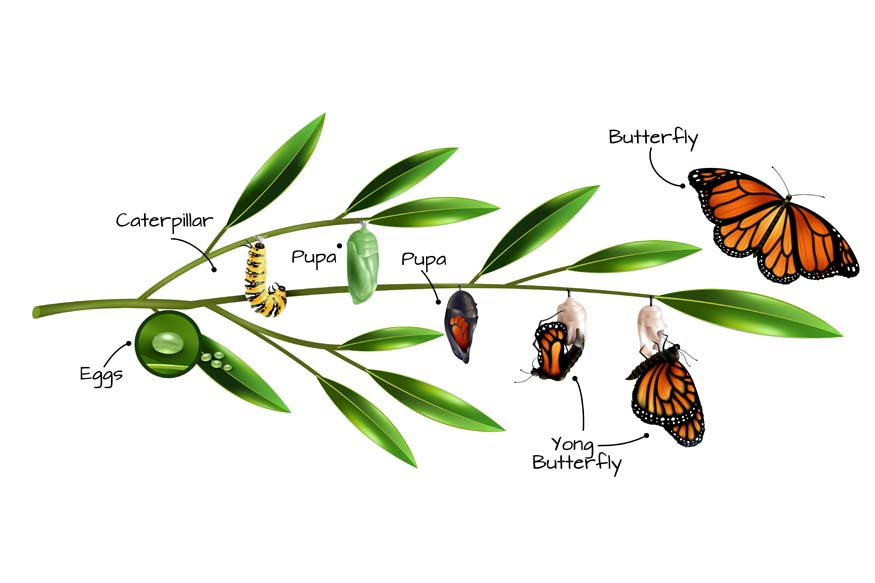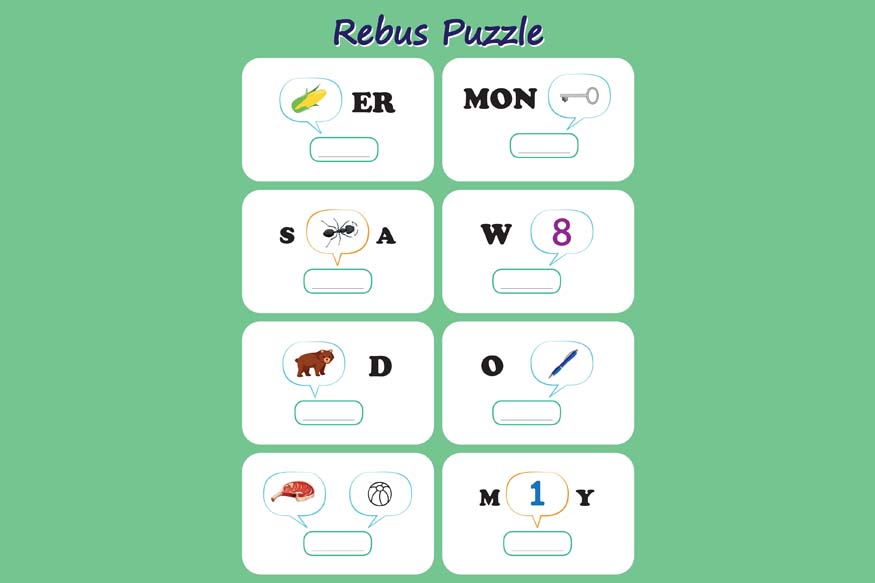In this dynamic world, fostering a growth mindset in children is essential for their academic, social, and emotional development. A growth mindset, a concept popularised by psychologist Carol Dweck, refers to the belief that one’s abilities and intelligence can be enhanced through commitment and effort.
Here is a detailed look at how to cultivate this mindset in children.
Understanding Growth Mindset
A growth mindset is fundamentally different from a fixed mindset and is characterised by the belief that one’s abilities are unalterable. Children who adopt a growth mindset are better at facing challenges, demonstrating resilience in the face of difficulties, and recognising that effort is essential for achieving mastery.
The Role of Parents and Educators
Parents and educators play a pivotal role in nurturing a growth mindset. They can influence children’s beliefs about their abilities by modelling positive attitudes towards learning and effort. Here are some practical strategies for the same.
Praise the Process, Not the Outcome
One of the most effective ways to encourage a growth mindset is by focusing the praise on effort, strategies, and progress rather than innate talent. For example, instead of saying “You are so smart,” try “You have worked hard”

Encourage Risk-Taking and Learning from Mistakes
Children should be encouraged to take risks and view mistakes as opportunities for learning. Creating a safe environment where failures are seen as part of the learning process helps children develop resilience.
Set Realistic and Challenging Goals

Setting achievable yet challenging goals helps children push their limits while experiencing success. Breaking larger goals into smaller, manageable tasks can make the process less daunting and more rewarding.
Incorporating a Growth Mindset into Daily Activities
Integrating growth mindset principles into daily routines and activities can reinforce these values. Here are some ideas:
Use Growth Mindset Language
Using expressions such as “I cannot do this yet” rather than “I cannot do this” highlights the idea that skills and capabilities can be cultivated over time. Encouraging children to add “yet” to their self-assessments fosters a sense of ongoing growth.
Promote Lifelong Learning
Encouraging children to pursue new interests and hobbies cultivates a love for learning. Providing opportunities for them to explore different activities, from playing a musical instrument, learning a new sport, or engaging in creative arts, can broaden their horizons.
Reflect on Progress
Regularly reflecting on progress, individually and as a family, can reinforce the value of effort and improvement. Discussing the challenges, learnings and methods to overcome them can help solidify a growth mindset.
Challenges in Fostering a Growth Mindset
Promoting a growth mindset has many benefits, but not without challenges. Here are some common obstacles and how to address them:
Overcoming Fixed Mindset Triggers
Children (and adults) may have fixed mindset triggers, such as fear of judgment or failure. Recognising and addressing these triggers involves self-awareness and encouragement to step out of comfort zones.
Balancing Encouragement and Pressure
It is important to strike a balance between encouraging effort and applying pressure. Too much pressure can lead to stress and burnout, while too little can result in complacency. Finding a middle ground is key.
Encouraging Peer Support and Collaboration
Peer interactions aid in fostering a growth mindset to a greater extent. Children often learn from one another, so encouraging collaborative projects and group activities can help reinforce growth mindset principles. When children work together, they share knowledge and witness each other’s efforts and improvements, which can be highly motivating.
Peer Learning Opportunities
Organising study groups or peer tutoring sessions can provide opportunities for children to support each other’s learning journeys. These settings promote a culture of shared growth, where children can celebrate each other’s progress and learn from different perspectives.
Celebrating Effort and Improvement
In peer settings, emphasising the importance of effort and improvement over competition can create a supportive environment. Highlighting the stories of peers about their perseverance in overcoming challenges can inspire others to adopt a growth mindset.
The Impact of Growth Mindset on Mental Health
A growth mindset benefits academic and personal growth with positive implications on mental health. Children with a growth mindset develop resilience, cope with stress, and maintain positivity.
Building Resilience
Children can develop resilience and enhance their adaptability to change by viewing challenges as opportunities for growth. This resilience equips them to handle changes in life with increased confidence and reduced anxiety.
Reducing Fear of Failure
A growth mindset reduces the fear of failure by viewing it as a natural part of the learning journey. This shift in perspective can alleviate pressure and stress, leading to better mental health outcomes.
Conclusion
Promoting a growth mindset in children establishes a basis for continuous learning and resilience throughout their lives. Parents and educators play a crucial role in helping children reach their objectives by recognising their efforts, welcoming challenges, and nurturing a passion for learning. This approach improves their academic performance and supports their overall success and well-being.
For more such informative/interesting blogs, visit Centre Point School.





